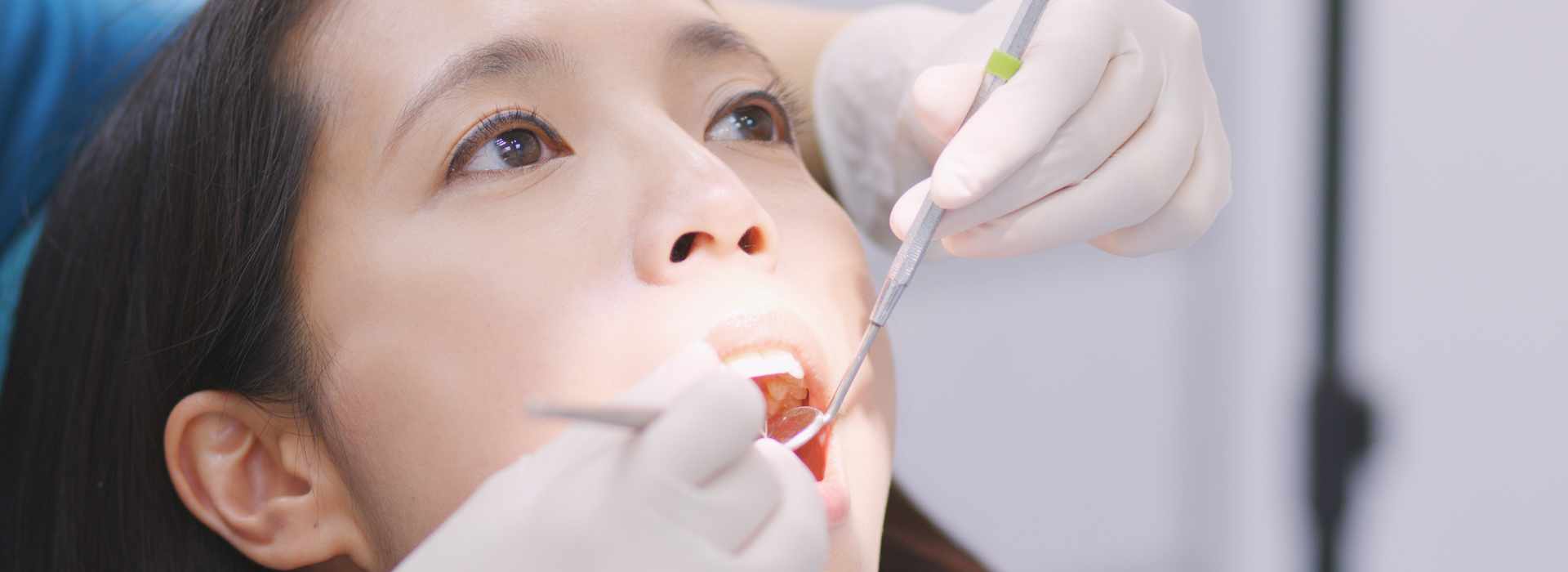Consistent oral cancer screenings … for your healthiest smile and healthiest self!
At the office of D. Bartholomew G. Kreiner DDS in Bel Air, Maryland, we are on the front lines of keeping your smile and the rest of you healthy. Few services demonstrate this truth better than the all-important oral cancer screening.
The power of proactive care
Unlike other types of cancers, oral and pharyngeal cancers of the mouth and throat have a high “cure” rate when detected and treated early into the disease process. Pre-cancerous lesions and early-stage cancers have not spread. They are “localized.” When cancers spread or metastasize to other parts of the face, lymph nodes, and distant organs, they are much harder to treat. Unfortunately, oral cancers are among those cancer types that are frequently diagnosed at later stages after the tumor has metastasized. It does not have to be this way.
How we screen
Screenings for suspicious patches, discoloration, bumps and lumps, and other anomalies are fundamental to routine dental check-ups. For patients who are not at risk of oral conditions such as cancer or gum disease, these check-ups occur twice every year or once every six months. If you have risk factors for oral cancer or other diseases, Dr. Kreiner will want to examine your mouth for potential problems more often. These risk factors include using any product that contains tobacco or nicotine, as well as heavy alcohol consumption. When patients smoke and drink frequently or excessively, the odds of developing oral cancer increase by leaps and bounds.
During your visit, Dr. Kreiner will inspect your mouth, head, and neck visually and by touch. He also has some powerful “helpers” in the form of advanced diagnostic technologies. These technologies allow us to see and detect what cannot be pinpointed with the eyes or by touch alone. It is also advised to reach out to us sooner rather than later if you have noticed any concerning changes. These changes may include:
- Frequent hoarseness
- Painful or difficult swallowing
- A burning or painful sensation in the mouth
- Ill-fitting dentures or oral appliances (due to swelling)
- Referred pain (i.e., earaches)
- Sores that never really go away
Depending on what we find, a sample of tissue may be taken to rule out cancers and inform the next steps as needed. Fundamental to our services is prevention. We work closely with our valued patients to minimize their risks of developing cancer in the first place.
Your healthiest mouth and healthiest self begin with regular visits to our office in Bel Air, MD. Call (410) 983-6775 to schedule your check-up with Dr. Kreiner today.


